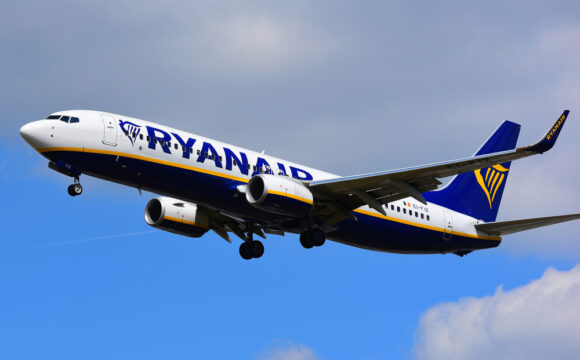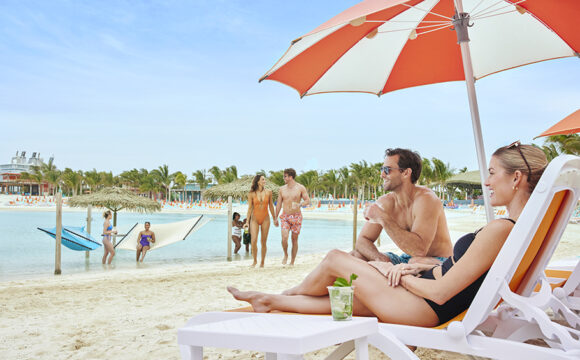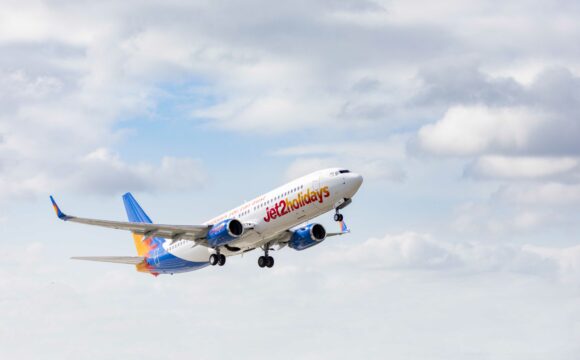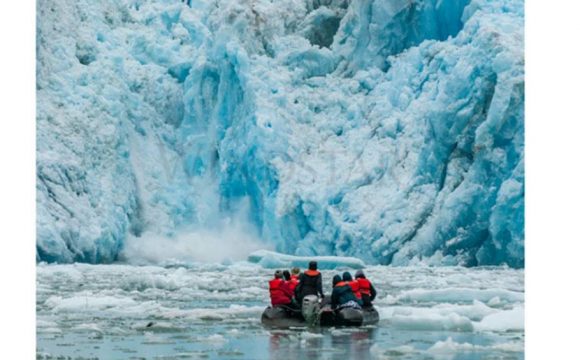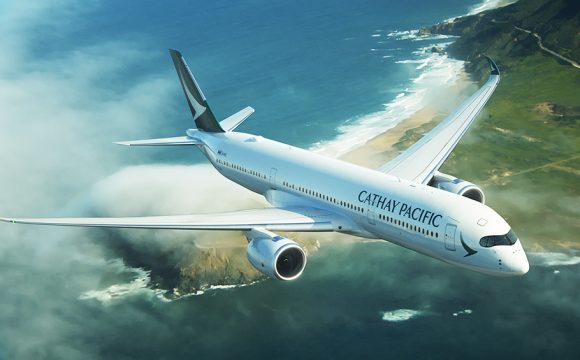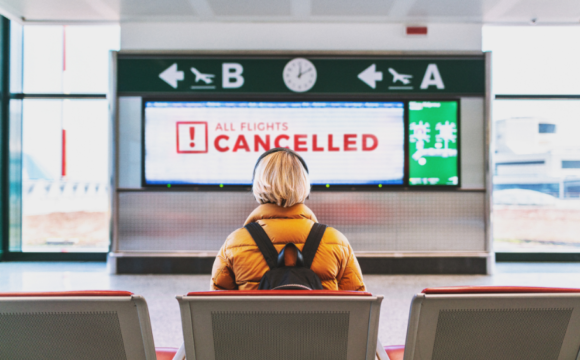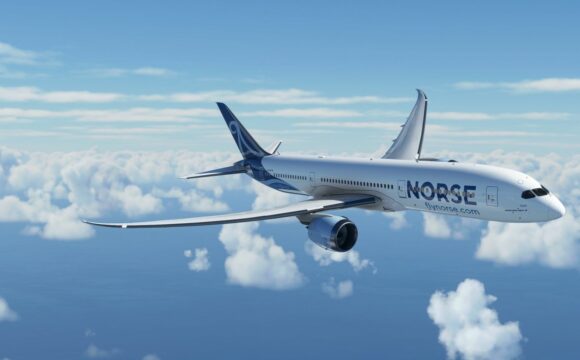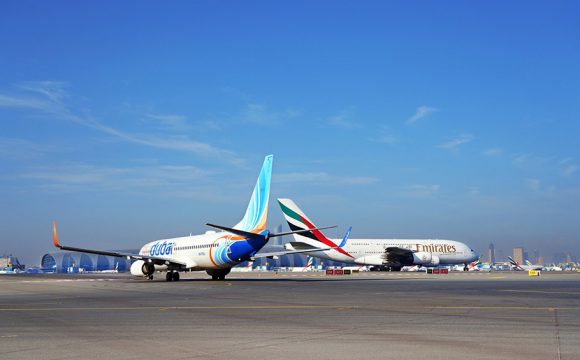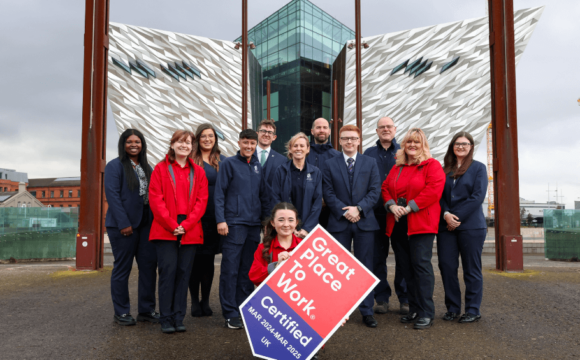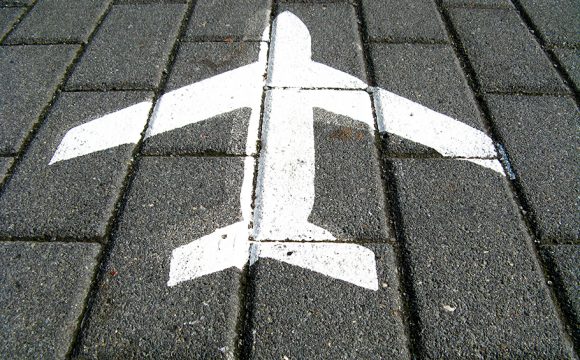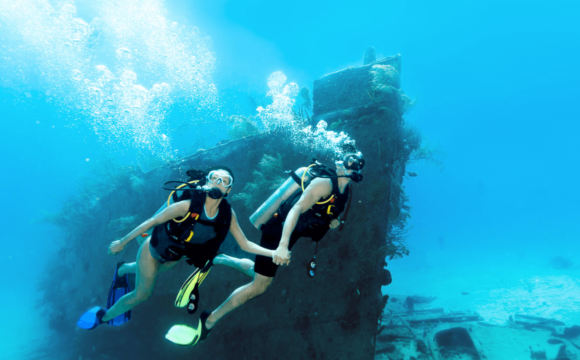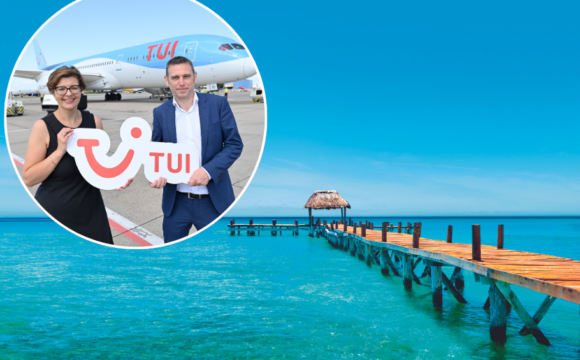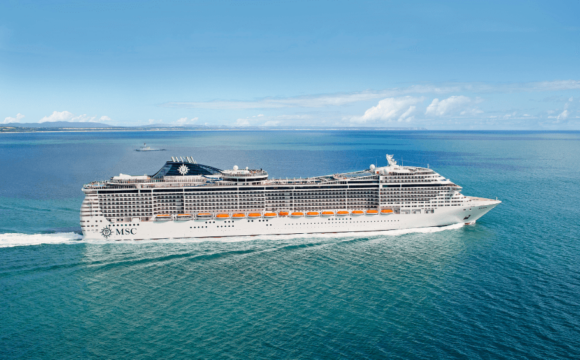By Kirsty Johnston, Editor
UK citizens who have not had a coronavirus jab or whose second vaccination has passed the 270 day cut off point for being classed as ‘fully vaccinated’ can now travel to Spain simply by showing a negative PCR or antigen test on arrival. And the huge pent-up demand from holidaymakers continues to fuel the recovery in bookings.
Northern Ireland Travel News caught up with Manuel Butler, Director of the Spanish Tourism Board at the recent BIG Travel Trade Event to ask the BIG Question – “what does post-Covid recovery look like for Spain?”
“Tourism is back, Spain is back,” said Manuel Butler, Director of the Spanish Tourist Office. “We have figures for the first quarter of this year showing that from the UK, Spain got almost 1.2 Million visitors, that brings us back up to about 80% of the pre-pandemic figures, that’s even considering that January to mid-March were not great as the restrictions were only lifted mid-March.
“For summer, in terms of expenditure from the UK, its sitting at a little bit over pre-pandemic levels,” he continued. “The people are spending more money, they are staying a little bit longer than they were in 2019. On average holidaymakers are staying one night more than they were before the pandemic. Holidaymakers are also spending a little bit more per day, per night in hotels.”
Late Bookings and Longer Stays
Spain is also seeing a shift in booking trends, with holidaymakers opting for more last minute breaks than in pre-pandemic years.
Manuel continued: “UK tourists are looking more last minute holidays than in pre-pandemic years. They are booking, on average, about seven weeks before departure. For summer 2022 we are hoping for roughly the same tourism levels as 2019. It could be a little bit more or a little less, but we wouldn’t expect any more of a drop than 3%. At the minute it is looking to be an outstanding summer, just like 2019.”
And what about destinations? Is Mainland Spain recovering as quickly as the Balearic and Canary Islands?
“Balearics are doing much better than the average,” said Manuel. “They have better incoming figures than pre-pandemic levels. The Canary Islands are equal with pre-pandemic levels and at the moment, but the Peninsula is a little bit down. I think that’s due to the tour operators coming back, its taking a bit longer. We are finding that people have more trust in travel agents and tours operators, so are booking with them more than before. Tour operators have a stronger foothold in the Balearics and Canary Islands while tourists visiting the Peninsula tend to go with low cost operators, maybe visit the cities and book their own accommodation and tours. It’s more for the individual independent traveller at the moment. That will hopefully change.”
While tourism in Spain has suffered during 2019 and 2020, on the whole Spain has managed to recover pretty quickly. There has been issues reported with border control post-Bexit, but Spain has assured visitors that they are aware of the issues and have moved to quickly resolve them.
“In these disturbing years, the uk lost the number one spot as Spain’s main tourist market, but that was temporary. This year we are returning to normality,” continued Manuel.
“Regarding air connectivity, we know there is some problems with airlines and in other cases with border control that has be reintroduced after Brexit, however that is something we are aware of, especially the case of the border police, and we are sorting that out very fast. The disruption is only in a couple of isolated cases and we now have to be prepared for July and August, the high season.”
The British Spanish Alliance
“Spain’s hoteliers were in a similar situation as the UK inbound tourism industry. They were either not open or only partially open depending on the month and the restrictions. Most of the hotels in Spain have used the time they were close wisely and have invested in refurbishment of their facilities.
“Hotels have a very personal experience with their guests. It’s long established and remain the same as pre-pandemic. They are a British Spanish alliance. We are the number one for tourists in the UK and the UK is the main one for us too, we are mutually dependant. The relationship between guests and hoteliers has not been damaged during the pandemic,” said Manuel.
New for Spain 2022
Spain is focussing on sustainability initiatives for 2022/23 with some local regeneration projects in the pipeline.
“We have incorporated sustainability into our tourism agenda, and there is a lot of sustainable initiatives, especially in the Costa del Sol,” Manuel continued. “Majorca, the island, has approved the sustainability plan and incorporated green initiatives. The Balearics are all about sustainability and we have to focus more on delivering sustainability to our tourists and residents. We consider our tourists as temporary residents.
“Pre-pandemic, over tourism was an issue, especially in the Balearics. It’s normal when you grow and you are already mature that sometimes you have this problem, but we have implemented ways to cope with that. In Benidorm, for example, it is amazing what the town council is doing in terms of sustainability and reducing the water footprint. That’s very important for Spain. And of course the co2 footprint and regenerating some local projects. It’s a very good example of a social, sustainable destination,” he added.
“Benidorm receives about 300,000 tourists each year so the pressure is tremendous, but it is very well built and planned. A lot of people think Benidorm isn’t a good example because of the tall buildings, but that’s not the case.”
Remote Working, The Year of Picasso and Indulging Experiences
“Beside sustainability we are trying to reposition Spain for 2023 as we have the year of Picasso to commemorate the death of Picasso. We will take the promotion of Spain around the year of Picasso internationally. It is 50 years since he died. We will be running a big campaign about Picasso and we are trying to deliver a lot of new things in Spain. One is to work remotely. Its’ a niche market, but it deserves to have some focus on it,” Manuel said.
“We are also welcoming a lot of sports travel. After the pandemic there are some changes to the tourist behaviour and one of these is people tend more to practise sports. Open air activities. People are indulging themselves more than before. They have seen that during the pandemic and the lockdown, you only live life once. You have to enjoy yourself in a deeper sense than before. That means that the premium market will grow and we have to focus our efforts on that.
“We are preparing to welcome sports tourists,” said Manuel. “Last year we were in survival mode. This year we have focused on working closely with big tour operators and airlines in order to rebuild the pre-pandemic scenario, but we have to face next year and the second half of this year by adapting to the new habits and behaviour of the tourists.
“Hiking biking and golf, lots of different kinds of activities with the focus primarily on premium experiences. People are more generous with themselves and they are looking for a mix of luxury with experiences. Not purely luxury, but to have in some way, a concept, was revolutionary. People are looking to integrate something new into their service and to live a unique experience. A step higher. This aspect of tourism is growing tremendously.”
A Change of Era
“Northern Ireland is very important to us and we have seen a high interest in Spain from this market,” Manuel continued. “That Spanish – British alliance is extremely important. The UK is the most advanced tourist market in the world and we are the champion of the Spain, the best holiday destination in the world. We are experiencing a change of era following the pandemic and sustainability is key. This is the second era for tourism. We have had about 60-70 years of tourism defined more or less by the same prediction, and now we are coming into a complete new tourist concept. Tourist’s are the driver for Spain and we are excited to be a part of the tourist experience.”


